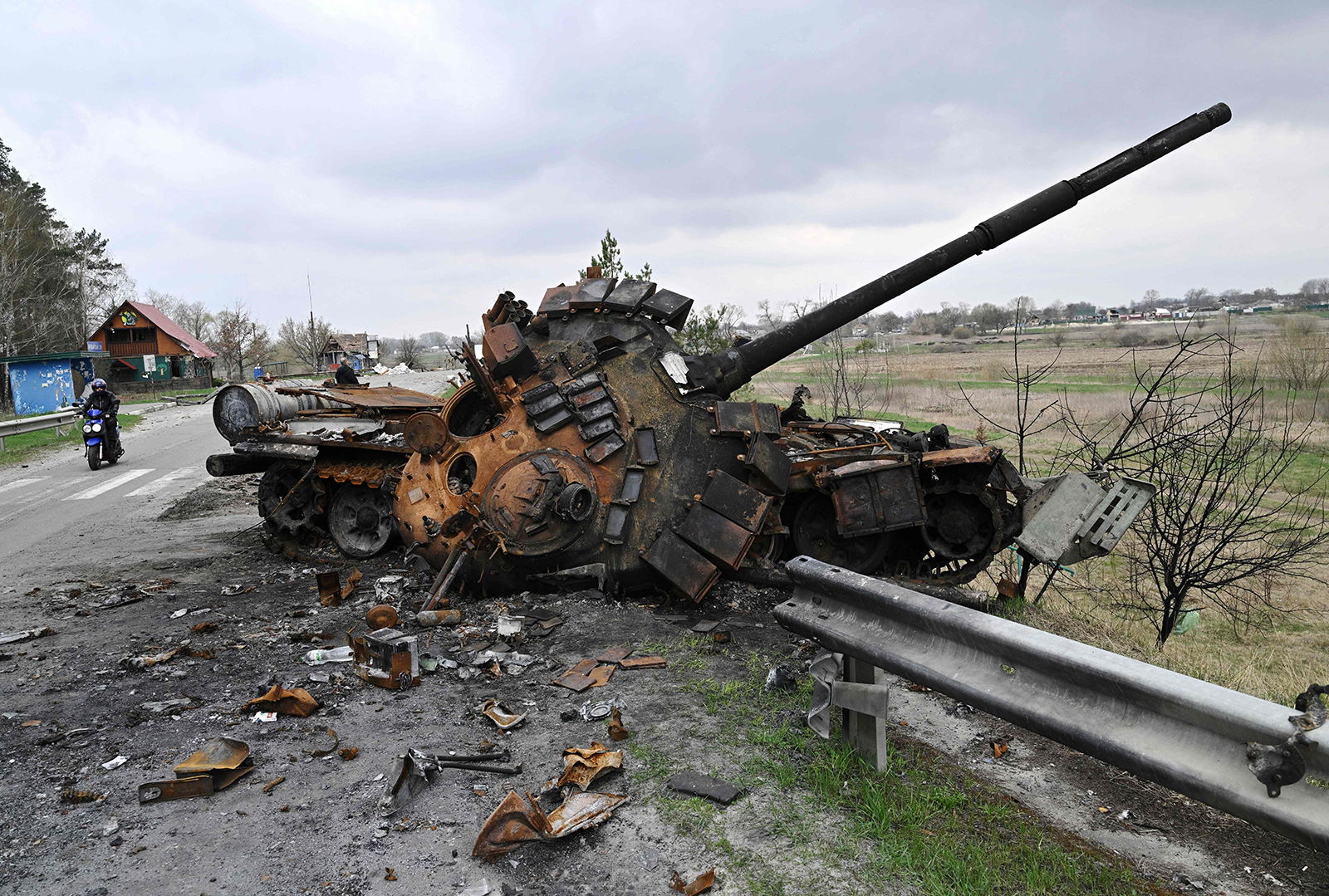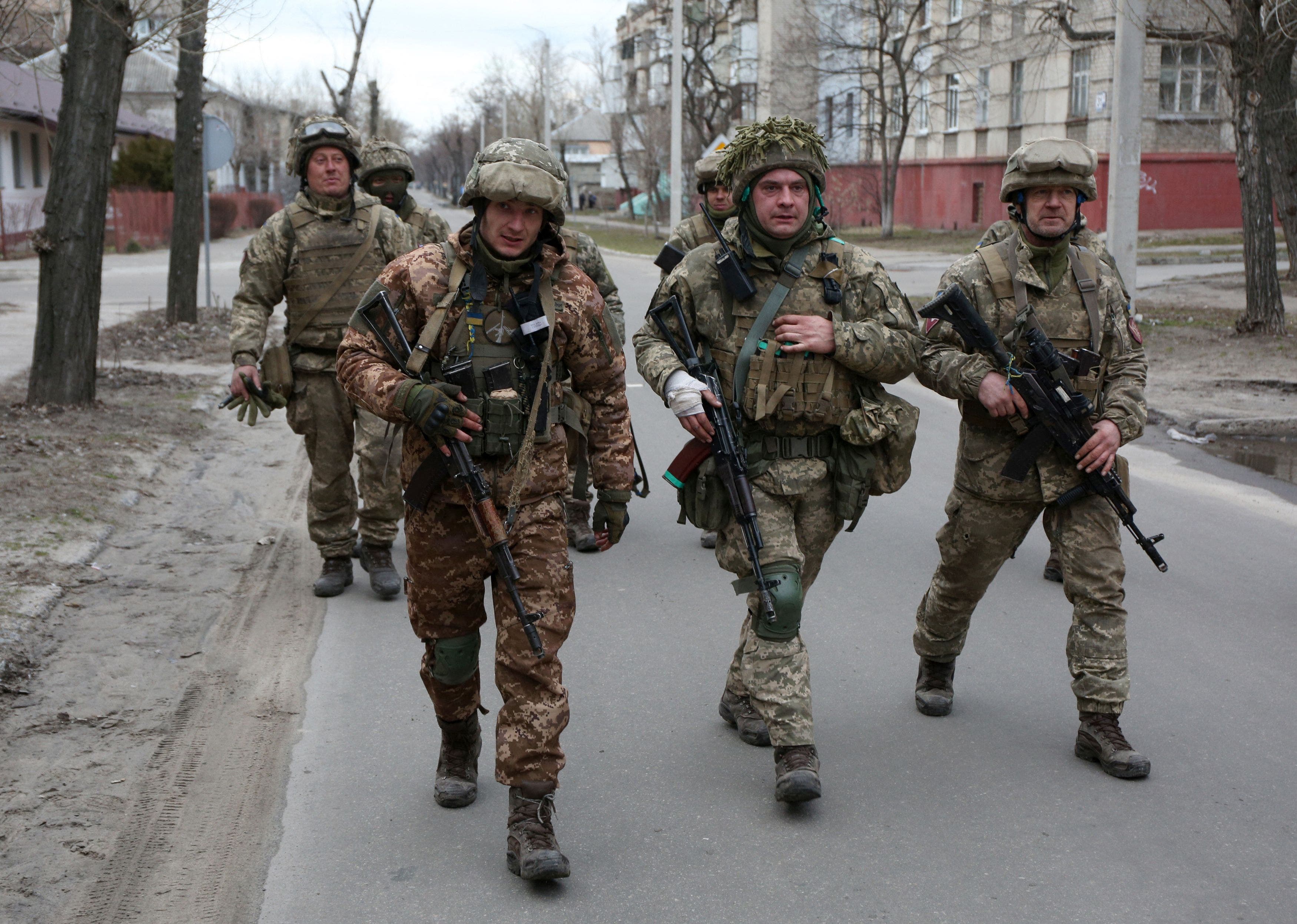Historical Context and Background: Russia Ukraine War Russian

Russia ukraine war russian – The roots of the Russia-Ukraine conflict can be traced back to centuries-old historical, political, and cultural factors. The region has been a crossroads of different civilizations and empires, and its history has been marked by periods of conflict and cooperation.
In the 9th century, the Kyivan Rus’ emerged as a powerful state in the region, encompassing parts of present-day Ukraine, Russia, and Belarus. The Kyivan Rus’ adopted Christianity from the Byzantine Empire, which had a significant influence on its culture and political development.
Amidst the ongoing conflict between Russia and Ukraine, global leaders and analysts have expressed concern over the potential geopolitical implications. One such leader, Glenn Youngkin, Governor of Virginia , has been vocal in his support for Ukraine’s sovereignty and territorial integrity.
Youngkin’s stance reflects the broader condemnation of Russia’s aggression and highlights the international community’s resolve to uphold democratic values in the face of adversity.
Mongol Invasion
In the 13th century, the Mongol invasion devastated the Kyivan Rus’, leading to its fragmentation into smaller principalities. These principalities gradually came under the influence of the Grand Duchy of Moscow, which emerged as the dominant power in the region.
Rise of the Russian Empire
In the 16th century, the Grand Duchy of Moscow expanded its territories and established the Russian Empire. The empire expanded eastward and southward, incorporating Ukraine into its domain. Ukraine became an important part of the Russian Empire, with its fertile lands and strategic location.
Ukrainian Nationalism
In the 19th century, Ukrainian nationalism began to emerge, fueled by a desire for independence and cultural autonomy. This movement gained momentum in the early 20th century, particularly during the Russian Revolution.
The ongoing Russia-Ukraine war has brought global attention to the importance of international diplomacy and cooperation. While some have sought to downplay the significance of the conflict, others, such as Trump and Vance , have recognized the far-reaching implications of the Russian invasion.
As the war continues, it is crucial that the international community remains united in its efforts to end the bloodshed and promote peace.
Soviet Union, Russia ukraine war russian
After the Russian Revolution, Ukraine became a part of the Soviet Union. The Soviet government suppressed Ukrainian nationalism and promoted a policy of Russification, aiming to assimilate Ukraine into the Soviet state.
Independence of Ukraine
In 1991, the Soviet Union collapsed, and Ukraine declared independence. However, tensions between Russia and Ukraine continued, particularly over the status of Crimea and other regions with significant Russian populations.
Geopolitical Implications and Global Impact

The war in Ukraine has profound geopolitical consequences that extend far beyond the borders of the two countries involved. The conflict has destabilized the European security order, raised concerns about a wider conflict between Russia and NATO, and sparked a global energy crisis.
Impact on Regional and Global Stability
The war has shattered the post-Cold War security architecture in Europe, which was based on the assumption that Russia would not use military force to change borders. The invasion of Ukraine has raised fears that Russia could use similar tactics against other former Soviet republics, such as Moldova or the Baltic states. The conflict has also increased tensions between Russia and NATO, with both sides accusing each other of provocations and escalating the conflict.
Impact on Energy Security
Russia is a major supplier of oil and gas to Europe, and the war has disrupted these supplies. The European Union has imposed sanctions on Russian energy imports, and Russia has retaliated by cutting off gas supplies to some European countries. The resulting energy crisis has led to higher prices for consumers and businesses, and has raised concerns about the security of Europe’s energy supply.
Impact on Economic Markets
The war in Ukraine has had a significant impact on global economic markets. The conflict has disrupted supply chains, leading to shortages of essential commodities such as wheat and fertilizer. The war has also led to higher inflation, as the cost of energy and other commodities has risen. The economic fallout from the war is likely to be felt around the world, as countries grapple with higher inflation and slower economic growth.
Potential for Escalation and Involvement of Other Countries
There is a risk that the war in Ukraine could escalate into a wider conflict between Russia and NATO. If Russia were to attack a NATO member state, the alliance would be obligated to come to its defense. This could lead to a direct confrontation between Russia and NATO, with potentially catastrophic consequences. There is also the potential for other countries to become involved in the conflict, either by providing military support to one side or by imposing sanctions on the other.
Humanitarian Crisis and Human Rights

The Russian invasion of Ukraine has triggered a severe humanitarian crisis, resulting in widespread displacement, civilian casualties, and disruptions to access to basic necessities.
Displacement and Civilian Casualties
Millions of Ukrainians have been forced to flee their homes due to the conflict. According to the United Nations High Commissioner for Refugees (UNHCR), over 3.5 million people have sought refuge in neighboring countries, primarily Poland, Romania, and Hungary. Within Ukraine, an estimated 6.5 million people are internally displaced.
The war has also taken a heavy toll on civilians. As of March 2023, the UN Human Rights Monitoring Mission in Ukraine has documented over 8,000 civilian casualties, including over 3,000 deaths.
Access to Basic Necessities
The conflict has disrupted essential services and infrastructure, making it difficult for civilians to access basic necessities such as food, water, shelter, and healthcare. The damage to energy infrastructure has led to widespread power outages, affecting heating, water supply, and medical facilities.
Human Rights Violations and Atrocities
The war in Ukraine has been marked by reports of serious human rights violations and atrocities. These include allegations of extrajudicial killings, torture, sexual violence, and forced disappearances. The International Criminal Court (ICC) has launched an investigation into potential war crimes, crimes against humanity, and genocide.
International Response
The international community has condemned the Russian invasion and responded with a range of measures, including sanctions, humanitarian aid, and diplomatic efforts. The United Nations has called for an immediate ceasefire and the protection of civilians. Humanitarian organizations are providing essential assistance to those affected by the conflict, including food, shelter, and medical care.